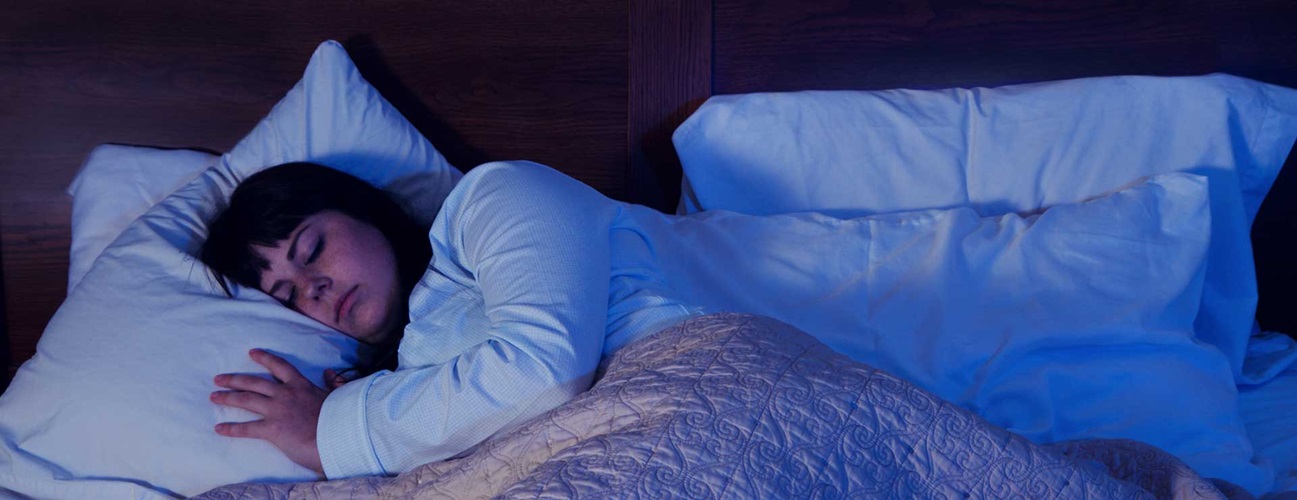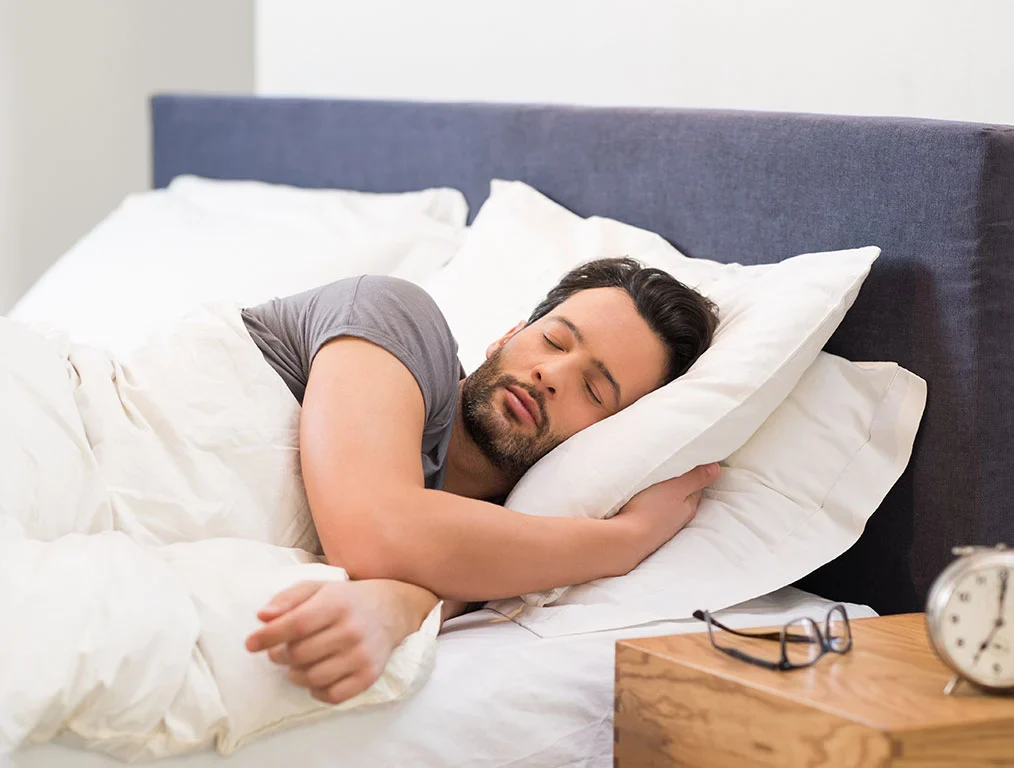Getting quality sleep has become increasingly challenging in our fast-paced world, with approximately 60 million Americans suffering from insomnia each year. While prescription sleep medications are available, many people are turning to natural supplements as a safer, gentler alternative to improve their sleep quality without the risk of dependency or harsh side effects.
Natural sleep supplements work differently from pharmaceutical options. Instead of forcing sedation, they support your body’s natural sleep mechanisms by targeting neurotransmitter systems, regulating hormones like melatonin, and promoting relaxation through various pathways. These supplements contain herbs, vitamins, and minerals that have been used for centuries across different cultures for their therapeutic sleep-enhancing properties.
The appeal of natural sleep aids lies in their holistic approach to addressing sleep issues. Rather than simply knocking you out, they help calm anxiety, reduce stress, and support healthy sleep-wake cycles. Many work by increasing levels of gamma-aminobutyric acid (GABA) in the brain, which helps calm the nervous system and induce relaxation. Others support melatonin production or provide essential minerals that your body needs for proper sleep regulation.
What makes natural supplements particularly attractive is their generally favorable safety profile when used appropriately. Unlike prescription sleep medications, most natural sleep aids don’t cause morning grogginess, dependency, or significant withdrawal symptoms. However, it’s important to understand that “natural” doesn’t automatically mean risk-free, and the quality and purity of supplements can vary widely due to less strict regulations compared to pharmaceutical drugs.
Top Natural Sleep Supplements Backed by Science

Melatonin: The Master Sleep Hormone
Melatonin stands out as one of the most researched and effective natural sleep supplements. This hormone is naturally produced by your body to signal that it’s time to sleep, with levels rising in the evening and falling in the morning. Melatonin supplements have shown remarkable effectiveness in improving both daytime and nighttime sleep quality, particularly in older adults.
Research demonstrates that melatonin can significantly reduce sleep latency (the time it takes to fall asleep) and increase total sleep time. Most studies showing beneficial effects use doses ranging from 3 to 10 milligrams taken before bedtime. Melatonin appears to be safe for short-term use in adults, though more research is needed on long-term effects.
Tart cherry juice provides a natural source of melatonin and has shown promise in early research for improving sleep duration and quality. Unlike sweet cherries, tart varieties contain meaningful amounts of this sleep-promoting hormone.
Valerian Root: The Ancient Sleep Remedy
Valerian root has been used since ancient times to promote sleep and reduce anxiety. This herb works by increasing GABA levels in the brain, which helps calm the nervous system and induce relaxation. Studies have shown that valerian root can reduce the time it takes to fall asleep and improve sleep quality without causing next-day grogginess.
Research findings on valerian have been mixed, but several studies show promising results. A study found that taking 530 mg of valerian per night for 30 days led to significant improvements in sleep quality, latency, and duration compared to a placebo in people who had undergone heart surgery. Another study in people undergoing hemodialysis found that 530 mg of valerian root before bed for one month improved sleep quality, anxiety, and depression.
For best results, valerian root should be taken consistently for a few weeks, making it ideal for those struggling with chronic sleep issues. It’s available in capsule, tincture, or tea form, with the recommended timing being 30 minutes to an hour before bedtime.
Magnesium: The Relaxation Mineral
Magnesium plays a crucial role in sleep regulation, and low levels are often connected with disturbed sleep or difficulty falling asleep. This essential mineral supports brain function and heart health while promoting relaxation throughout the body. Magnesium supplements work by regulating neurotransmitters involved in calming the nervous system.
The mineral’s benefits extend beyond sleep, including promoting muscle relaxation, supporting cardiovascular health, and reducing stress and anxiety. Magnesium citrate, a highly bioavailable form, is commonly used in sleep supplement formulations for its superior absorption and effectiveness.
Chamomile: The Gentle Sleep Promoter
Chamomile tea has long been recognized as a soothing bedtime beverage, and science supports its sleep-promoting properties. Chamomile contains flavonoids that may interact with benzodiazepine receptors in the brain, which are involved in the sleep-wake transition. Unlike caffeinated teas, chamomile provides relaxation without stimulation, making it an ideal evening beverage.
The herb’s calming effects make it particularly beneficial for those dealing with anxiety-related sleep problems. Chamomile can be consumed as a tea, taken in supplement form, or used as an extract for concentrated benefits.
How to Choose and Use Natural Sleep Supplements

Dosage and Timing Considerations
Proper dosage and timing are crucial for maximizing the effectiveness of natural sleep supplements. Most sleep aids should be taken 30 minutes to an hour before bedtime to allow sufficient time for absorption and onset of effects. Starting with the lowest effective dose is recommended, as individual responses can vary significantly.
For melatonin, effective doses typically range from 3-10 mg, while valerian root is commonly used at 530 mg per night. Magnesium supplements for sleep often contain 200-400 mg of elemental magnesium, though specific needs may vary based on individual deficiency levels.
Safety and Quality Considerations
While natural sleep supplements are generally considered safe for short-term use in healthy adults, several important considerations should be kept in mind. The quality and purity of supplements can vary widely due to less stringent regulations compared to prescription medications. Choosing products from reputable manufacturers that undergo third-party testing can help ensure quality and potency.
Potential interactions with prescription medications should always be considered, and consulting with a healthcare provider before starting any new supplement regimen is advisable. Pregnant and nursing women should exercise particular caution, as safety data for many natural sleep aids is limited in these populations.
Lifestyle Factors That Enhance Natural Sleep Supplements

Exercise and Sleep Quality
Physical activity can significantly improve sleep quality, though timing matters. Moderate aerobic exercise boosts the amount of nourishing slow-wave (deep) sleep you get. However, exercising too close to bedtime can be counterproductive, as aerobic exercise releases endorphins that can keep you awake.
Creating an Optimal Sleep Environment
Natural sleep supplements work best when combined with good sleep hygiene practices. This includes maintaining a consistent sleep schedule, creating a dark and cool sleeping environment, and avoiding screens before bedtime. White noise, lavender aromatherapy, and relaxation techniques like yoga or meditation can complement the effects of natural sleep aids.
Natural sleep supplements offer a promising alternative for those seeking to improve their sleep quality without relying on prescription medications. While individual responses vary, supplements like melatonin, valerian root, magnesium, chamomile, and passionflower have shown scientific evidence for their sleep-promoting properties. The key to success lies in choosing high-quality products, using appropriate dosages, and combining supplements with healthy sleep habits for optimal results.

